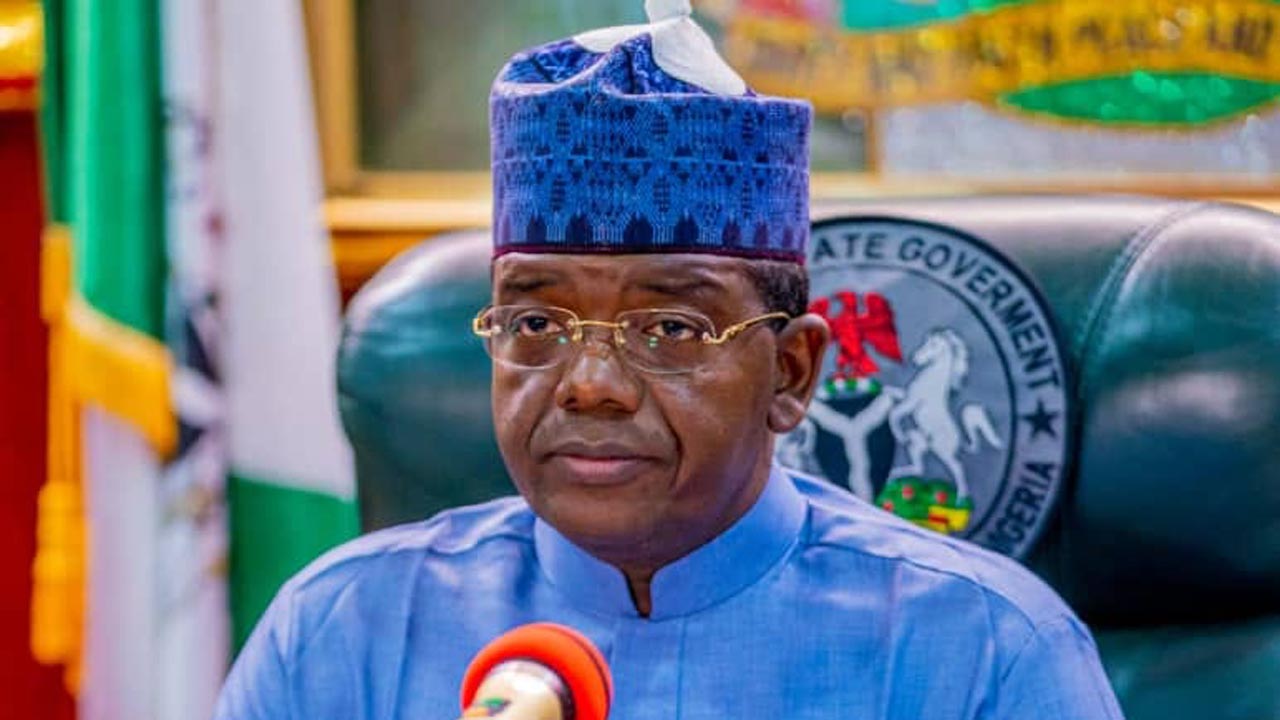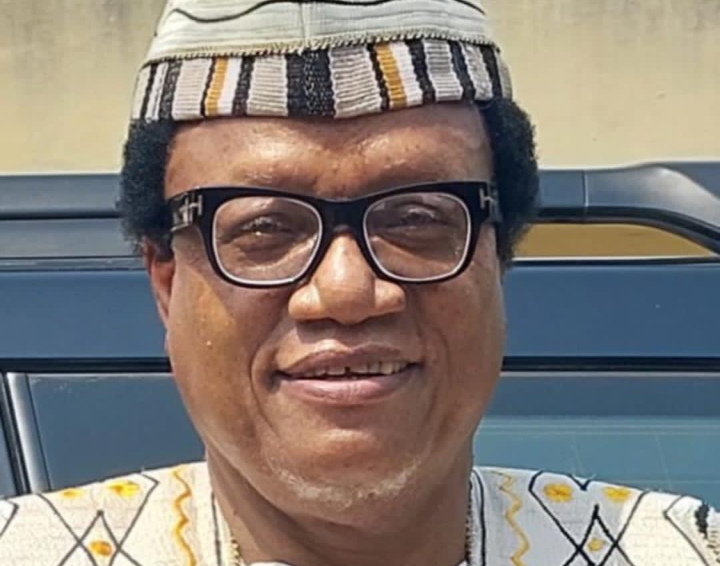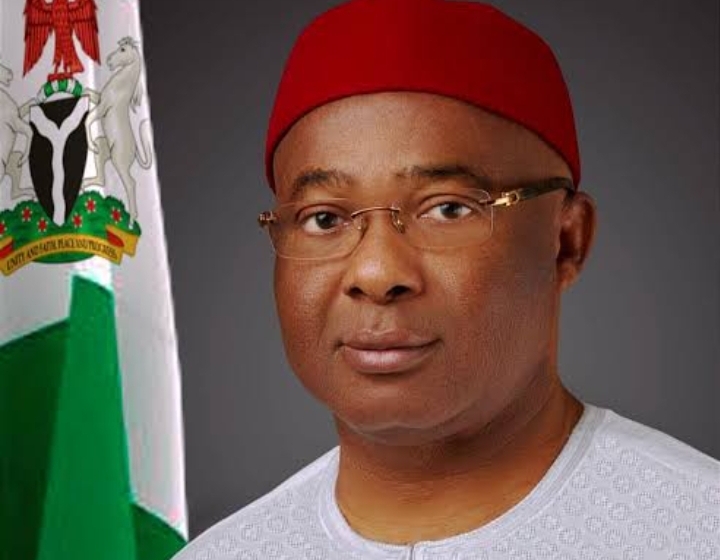Nigeria is awash with arms – guns, bullets, charms, drugs and local stuff. Not just Nigeria. The entire Sahelian and sub-Saharan African region is drowning in deadly small arms and light weapons – so-called because of their portability and ease of use and adaptation.
The firearms may be out of the line of sight, but they are making the rounds in cars and motorcycles or as headloads and hand luggage, concealed in unimaginable places. Many are also believed to be siphoned from the armouries of security agencies, and are making their way into the hands of “unknown gunmen” with destructive motives and in ever increasing numbers.
According to the 2019 SAS and African Union study, Weapons Compass: Mapping Illicit Small Arms Flows in Africa, “Civilians including rebel groups and militias hold more than 40 million small arms and light weapons, while government-related entities hold fewer than 11 million”.
The 2020 SBM Intelligence Report on Nigeria said there were about six million illicit small arms in circulation in the country, up three-fold from the two million reported by Oxfam in 2016. The SBM report indicates that about 10 million small arms were on the loose in West Africa. Nigeria accounts for six out of every 10 illicit weapons in the region.
Given that many such weapons are military grade, their description as “small arms” is grossly misleading considering the amount of violence and destruction they can be used to unleash. These weapons have “liberalised” and “democratised” conflicts. With them, every coward in the neighbourhood feels emboldened, invincible and hungry for a fight.
The ISWAP and Boko Haram conflicts in Nigeria, Cameroon, Chad, Niger, Mali and Burkina Faso; the ethnic wars of South Sudan, the unravelling of Libya; the banditry in North and Central Nigeria, and indeed all conflicts in diverse places, are the direct manifestations of ease of access to weapons by unauthorised persons.
Unfortunately, the region is also awash with weak state actors. Military and civilian leaders in Nigeria, the region’s powerhouse, that should lead the charge against the insurgency, are confused, exhausted and afraid for their own lives. Nothing illustrates this dire situation more than the Wednesday night attack on President Muhammadu Buhari’s advance party to Katsina and the jailbreak in the Kuje Prisons, less than 44 kilometres from the Central Business Disrtict, Abuja.
The jailbreak, claimed by ISWAP, was the ninth successful one in two years. The Katsina attack came on the heels of the several deadly attacks on communities in Kaduna and what appears to be coordinated kidnappings of Catholic priests.
The affected states and Buhari’s government have tried everything from cutting deals with bandits in negotiations spearheaded by the Muslim clergy, to regional joint task forces and from local vigilantes to calls for divine intervention. So far, nothing seems to have worked. Modest gains are too often undermined by corruption in the top military hierarchy, poor intelligence and demoralised soldiers.
Small groups, communities and individuals who formerly relied on traditional weapons for self-defence and survival have found force multipliers in firearms and taken to crime and violence. The weapons are cheap and have become an economic tool with guaranteed access to war booty with minimum effort.
This desperate situation partly explains why Governor Bello Matawalle of Zamfara State called for citizens to arm and defend themselves, a call that has sparked significant resistance from the military top brass.
Matawalle is not the first governor or prominent citizen to make a rallying cry for ordinary Nigerians to take up arms in self-defence. Deposed Emir of Kano, Muhammadu Sanusi II, made a similar call in November 2014 at the height of Boko Haram’s callous and brutal reign of terror.
Sanusi said he had to make the call because the state had become significantly weak – so weak that it lacked the initiative and appropriate response mechanisms to armed groups holding citizens and government to ransom.
Cultists, bandits, terror groups and all manner of militias acquired the brazenness to take on the police and military forces in frontal attacks or ambushes and inflict serious casualties on them. Then they raid their armouries to harvest more weapons – adding legitimate stock to illegitimate ones.
Governments of South West Nigeria have set up a regional militia, Amotekun, after the Federal Government refused support to the call for state police.
Why Matawalle doesn’t seem to see his call for citizens to take up arms as an abdication of responsibility, is baffling. Quite credulously, he sounded as though he would order a shipload of Kalashnikovs and distribute them to all Zamfara citizens – who, instead of the police and the army, should now stand guard, fight and perhaps overcome the bandits.
This is the same governor, who only in April, used state funds to buy 260 assorted Cadillac limousines each valued at about N50million for district heads and traditional rulers in Zamfara. It’s a telling indictment on the governor that he would indulge the exotic tastes and comfort of a few at the expense of the safety and security of the majority.
Insecurity is not limited to Zamfara alone. In the last 23 years, however, that state has had more than its fair share of irresponsible governors from the one who gave them political sharia instead of food to the one who told scores of citizens dying from meningitis that the disease was punishment for their sins.
Matawalle’s bizarre call to arms should be seen for what it is: another public acknowledgement from a ranking Nigerian politician in the ruling party that the current federally controlled, unitary command system of policing is not working.
How long would it take for the National Assembly and Buhari’s executive branch to set up state police, which even a committee set up by the ruling party (with a parliamentary majority) has recommended?
The army is overwhelmed dealing with both internal law and order issues which it has no business meddling in and fighting insurgency at the same time.
The improvised, backdoor security outfits that many states, especially those in the South West have created, lack the legitimacy, authority and structure which state police could provide. These ad hoc arrangements should never be confused with a properly constituted state police force. They are desperate straws states are grasping at for survival.
It’s interesting that while Matawalle would not press for state police, preferring instead to share arms to citizens. His suggestion is a short-cut that would only create more problems. It is the usual short circuit of our public officials – taking a plunge at every quick fix without well thought out plans for the aftermath and domino effects.
The most prevalent argument against state police by the political class is that politicians – especially those in power – will use them to settle personal scores against their rivals, especially at elections. They find nothing wrong with the present broken system under which only the Federal Government can use the police for its own fancies, including carrying handbags for wives of government officials.
Yet, if fear of abuse – an irrational fear as jurisdictions with state police systems also have inbuilt checks and balances – is the problem, consider the abuse that would ensue from Matawalle’s suggestion where everyone could have a gun!
The call is not only a self-indictment, it’s also an indictment of the Federal Government that has substituted responsibility for meaningless statement after public statement of sympathy.
Not only has Buhari’s government failed to secure the country as he promised, it has also failed spectacularly to provide jobs to keep idle minds out of deadly mischief.
Ensconced in the bubble of government houses and watched over by different retinues of security aides, our public officials think security means guns and bullets. They have a blinkered vision of the Nigerian reality and cannot do better than prescribe poisonous pills with debilitating side effects to ailments for which there are herbal remedies.
The state has left many with Hobson’s choice: a gun or your life.
Ishiekwene is the Editor-In-Chief of LEADERSHIP





